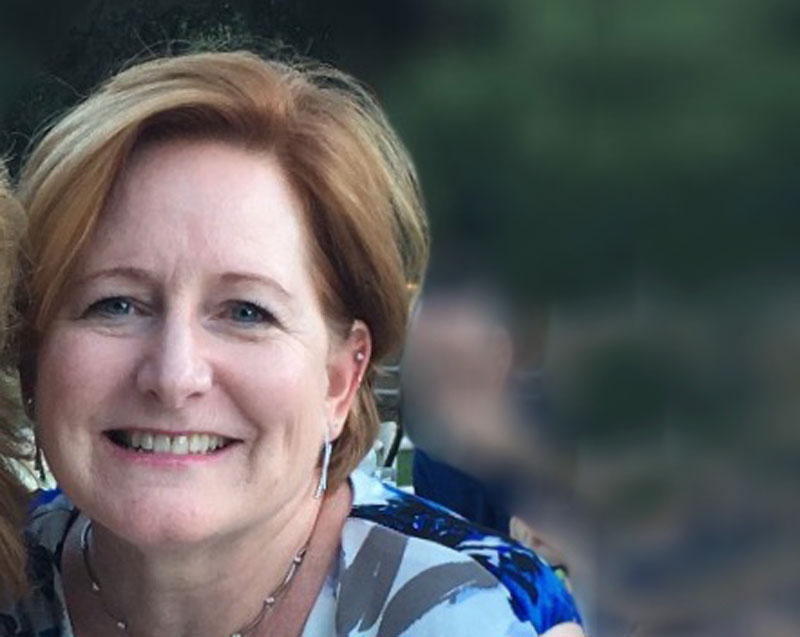Since December 1, 2016 I have had seven patients in my practice with suicidal thoughts, 5 of the 7 individuals were under age 16.
In all of my years as a psychiatrist in private practice I have not experienced this level of acuity of patients in crisis simultaneously since I worked on the inpatient unit at Grady Memorial Hospital while doing my residency at Emory University.
4 out of 5 of the children that I helped move from suicidal crisis into stabilization experienced varying levels of verbal abuse in person and on social media which motivated me to write my post, “Cyberbullying Takes Lives,” and to interview Lauren Batchelder last December.
In my book, “Mental Health and How to Thrive” I shared that there has been a rise in suicide according to the April of 2016 Center for Disease Control and Prevention Report the number of suicides in the United States has been on the rise since 1999 in everyone between the ages of 10 and 74, with greater annual percent increases after 2006. In 2014, 13 people out of every 100,000 took their own lives, compared with 10.5 per 100,000 in 1999. The suicide rate increased every year from 1999 to 2014 among both women and men and in every age group except those 75 and older.
My colleague, Allen Y. Tien M.D. MHS tweeted, “more scientific evidence for mental health harms, doubled risk of depression of those who bully and are being bullied” and shared a graph and the article, JAMA Psychiatry February 2016 article, “Association of Bullying Behavior at 8 years of Age and Use of Specialized Services for Psychiatric Disorders by 29 Years of Age.”
I am not sharing these statistics to instill any fear, just the opposite. Awareness about the importance of OUR mental health is the first step in taking action. If you, your child or someone you love is experiencing a change in mood, increased stress, or is emotional struggling do not ignore it. I find that teachers and coaches have been invaluable in letting parents know if their child is experiencing distress that is “out of the ordinary.” It is important for parents to pay attention to any changes in academic performance, patterns of socializing, or any other physical or emotional signs that your child might be suffering. Pediatricians and primary care doctors are a great resource for referrals to therapists, psychologists and psychiatrists for a mental health evaluation.
Here are some more resources:
NAMI http://www.nami.org
National Suicide Prevention Hotline: https://suicidepreventionlifeline.org
I think it is also vital as a society that we change the way we think, talk and act about mental health. I choose my words carefully when talking with my patients and use terms like “your mental health, you wellbeing” instead of “illness and disorder.” I find that there is so much stigma around needing emotional help and that words matter.
For more tips, tools and facts check out, “Mental Health and How to Thrive.”
“When individuals thrive, WE all thrive.” ~Dr. Denise








